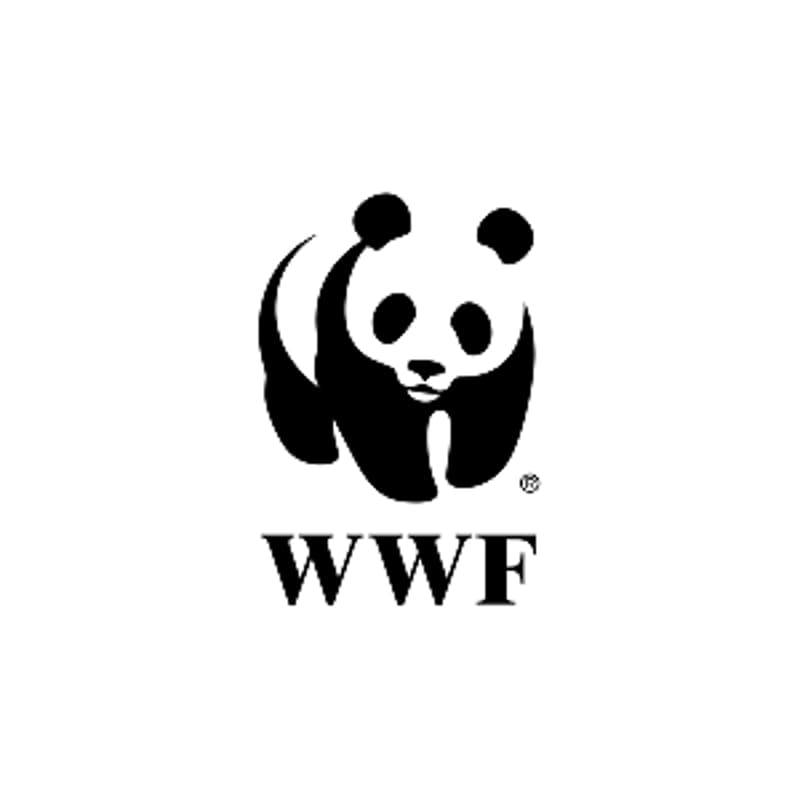

Codex Planetarius: Transforming Global Trade
Food production is increasingly global, with 30% of all food exported. But it generates the largest environmental impact of any human activity, threatening long-term food security in the face of climate change.
This session introduces Codex Planetarius, a proposed system of minimum environmental performance standards for globally traded food that aims to address these issues to create a more resilient food system. This is modelled on Codex Alimentarius, a set of food health and safety standards established in 1963 and adopted by 180 countries, and will focus on six core environmental measures including soil health, water use, land use change, biodiversity, and emissions. It will introduce single indicator standards to ensure cost effectiveness and target the floor, not the ceiling of production, to drive efficiency of mitigation.
The intention is to create a common platform that reduces the impacts of agriculture globally, improves security of supply, facilitates the trade in green commodities, and improves productivity and food security at a national level. To ensure that smaller and lower income producers are not disproportionately affected, a complementary finance mechanism, The 1% Fund, is also proposed as a 1% levy on exported agricultural commodities. This would address key structural issues facing food production including legality, land use, and the erosion of the natural resource base. The session will build awareness and consensus among companies, governments and NGOs on collaboration and pilots to inform private sector, bilateral, and multilateral agreements.
Speakers:
Chris Docherty Senior Fellow at World Wildlife Fund
Henrietta Southby Director, Climate Risk and Resilience, at Humanity Insured
Gabriel Lui Environmental Analyst at Brazilian Ministry of the Environment
Jinal Surti Co-Founder & CEO at Epoch